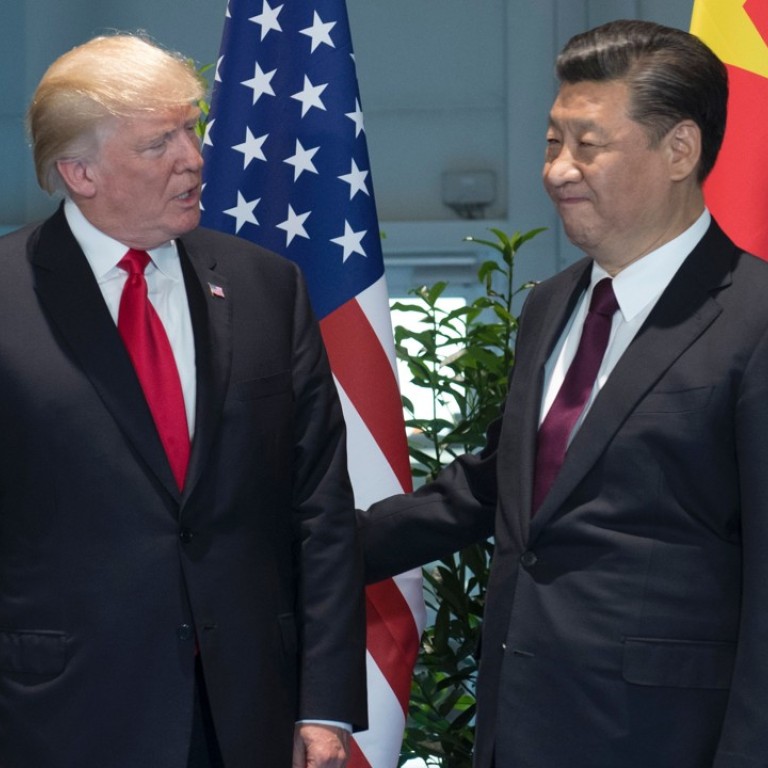
Update | Chinese, US executives call for ‘prompt resolution’ of economic rows amid fears of trade war
Negotiations the best way to resolve long-standing economic disputes between the two superpowers, says top officials at US-China business leaders summit in Washington
Top executives of Chinese and American companies have urged their governments to promptly resolve trade disputes through “effective negotiation” amid concerns that the two nations are heading towards a trade war.
Twenty business leaders made the appeal during the first US-China Business Leaders Summit held at the US Commerce Department in Washington on Tuesday.
The event was co-chaired by the head of the Chinese e-commerce giant Alibaba, Jack Ma, and the chief executive of the US investment and financial services firm Blackstone, Stephen Schwarzman.
“While respecting the use of traditional trade remedies, we hope that trade disputes can be resolved through effective negotiation with both sides working for prompt resolution,” a statement from the summit said.
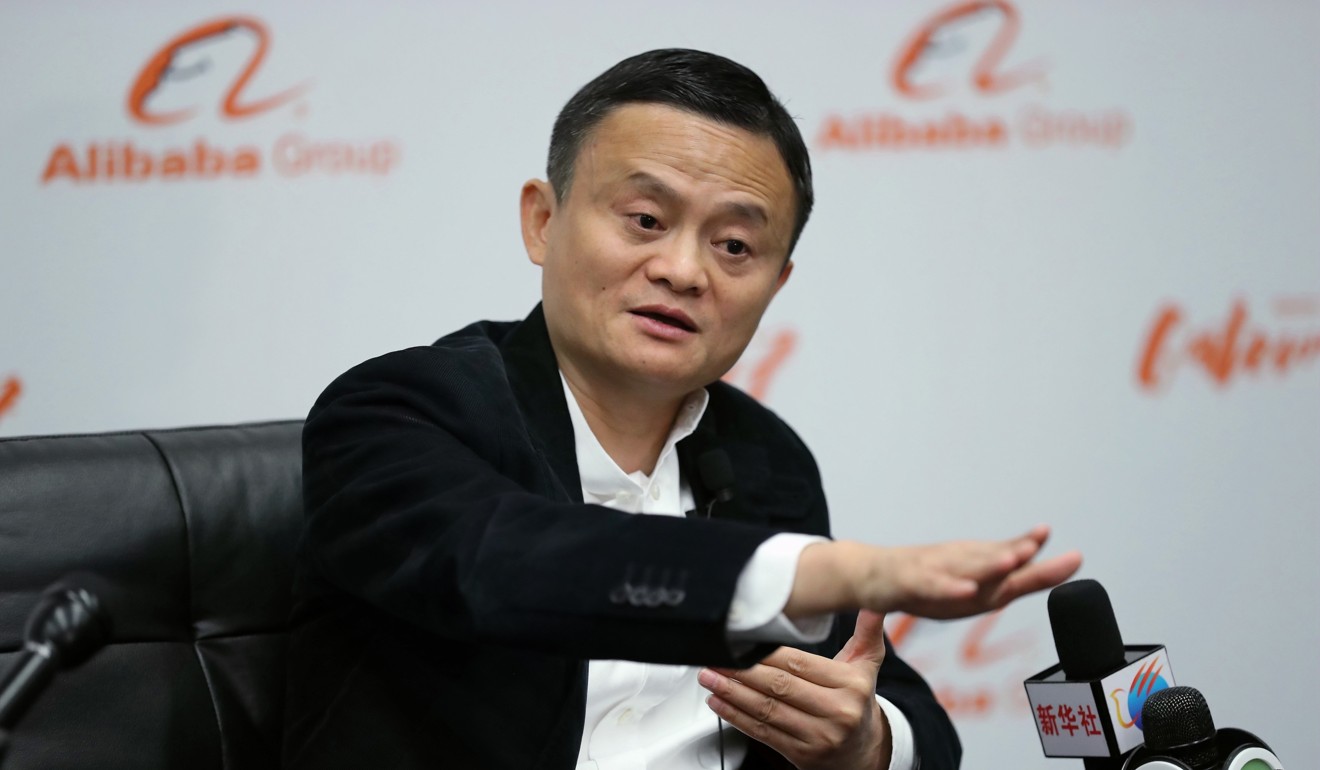
The call came after US President Donald Trump said last week he was mulling slapping steel import quotas and tariffs on China.
“They’re dumping steel and destroying our steel industry, they’ve been doing it for decades and I’m stopping it. There are two ways - quotas and tariffs. Maybe I’ll do both,” he told reporters.
The appeal by the business executives also came a day before the US and Chinese government officials are to hold the first high-level Comprehensive Economic Dialogue, co-chaired by US Commerce Secretary Wilbur Ross, US Treasury Secretary Steven Mnuchin and Chinese Vice-Premier Wang Yang.
The talks are one of four mechanisms aimed at increasing dialogue set up by China’s President Xi Jinping and Trump during their summit meeting in Florida early April.
The business leaders’ summit statement said the best way to resolve the two countries’ trade disputes was through negotiation.
“We call on political leaders in the United States and China to strengthen cooperation and dialogue on regulation and supervision, standards, protection of intellectual property rights; free, fair and open market access and to eliminate procedures and practices that act as a hindrance to economic growth and job creation,” the summit statement said.
Ma also said that in all deep and complex economic relationships, disputes whether on trade or investment were natural and expected.
“In these areas, we should encourage our governments to use existing mechanisms to resolve these disputes respectfully and efficiently,” he said.
Ma’s Alibaba Group, the world’s largest e-commerce platform, owns the South China Morning Post.
The summit statement was also signed by other top US business executives such as Jamie Dimon, the chairman of JPMorgan Chase; Jim Umpleby, chief executive of Caterpillar; Doug McMillon, the president of Walmart and Mary Barra, the chairman of General Motors.
Chinese businessmen including Zhang Jindong, the chairman of the retail firm Suning; and Frank Ning, the chairman Sinochem, also signed the statement.
US Commerce Secretary Ross told the summit there were “serious imbalances” between the US and Chinese economies that “must be rectified”.
However, the private sector was “best equipped to carry the ball across the goal line”, he said.
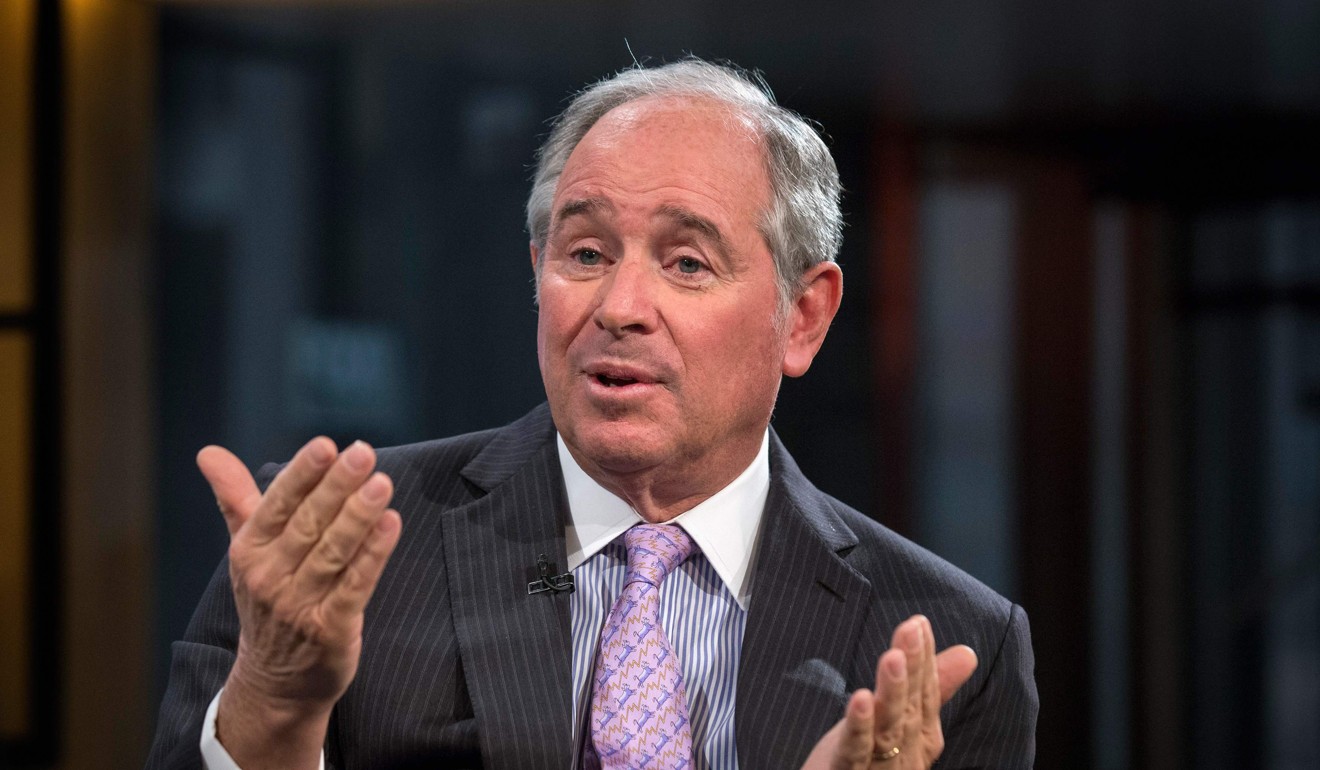
After Trump and Xi met in Florida in April, the US president spoke of having “great chemistry” with Xi and agreed to a 100-day plan for trade talks with China.
But Trump’s patience with Beijing appears to be waning after he lashed out at China last week, accusing it of dumping steel on the US market.
Chinese Vice-Premier Wang also attended the US-China Business Council meeting on Tuesday and tried to play down the possibility of a trade war with the US.
He credited the US business community’s “long-standing support and active participation” with “helping to create an atmosphere in favour of cooperation rather than confrontation for China-US business ties”.
He said “twists and turns in our cooperation going forward” were part of the countries’ evolving relationship.
The two nations agreed in May to allow the US to export beef and natural gas to China and for some financial services to expand in the Chinese market.
Analyst said, however that efforts to reduce the US trade deficit with China have so far produced few results.
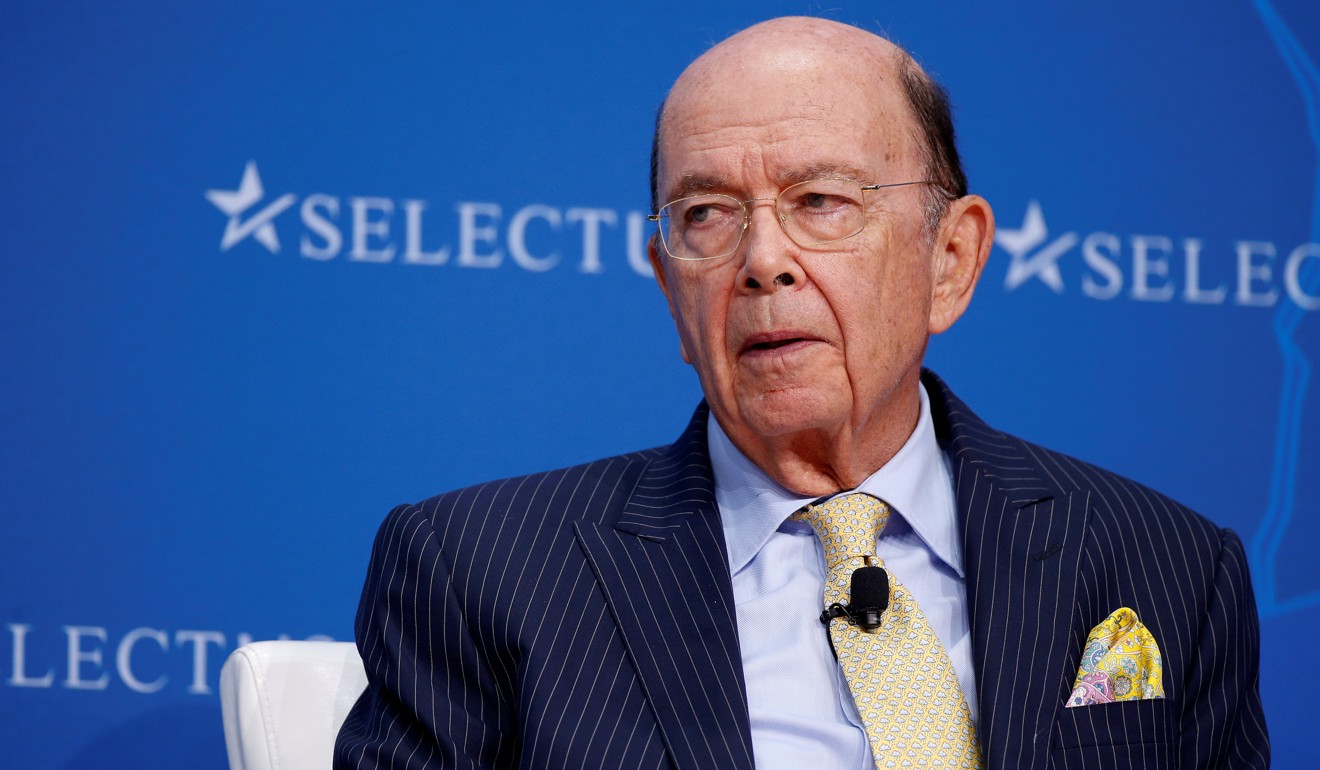
“On the economic side [of negotiation], there is progress, but very limited,” said Scott Kennedy, a China specialist at the Centre for Strategic and International Studies in Washington.
“The Trump administration has become dissatisfied and lost a little bit of patience with China on some of these things.”
Possible tariffs on large foreign steel exporters, including China, could be potentially be up to 20 per cent range, according Axios, a US news and information website.
The report also said tariffs could eventually be extended to other imports, including aluminium and semiconductors.
Cui Tiankai, China’s ambassador to Washington, warned the US last week of “troubling developments” between the two sides that could derail their relationship.
Cui did not make a detailed list of the problems, but did suggest he would like to improve the US’ process of reviewing foreign investments.
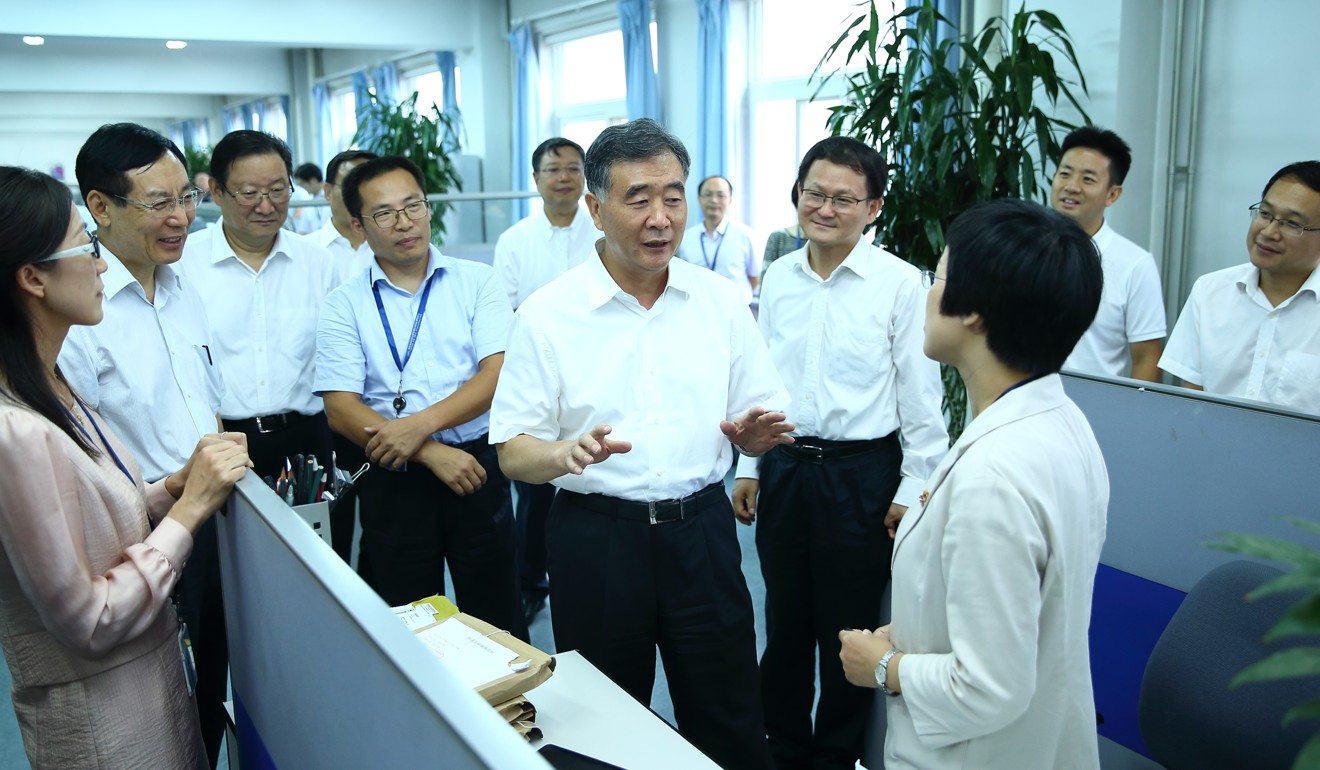
“I’m afraid the people behind such actions are either those who refuse to let go and update their mindset or those who play selfish political games, regardless of the big picture,” Cui said. “If they succeed, China-US relations could derail.”
Cui also called on governors of US states to “make efforts to resume the negotiations and conclude the BIT”, an investment treaty between China and the US.
The Trump administration appears reluctant to restart the treaty negotiations.
US Treasury Secretary Mnuchin said in June that the treaty was “on our agenda. I would not say it’s on the top of our agenda”.
Deborah Lehr, a senior fellow at the US think tank the Paulson Institute, said China was still interested in negotiating the treaty while the Trump administration was waiting to see how the next 100 days go.
“The administration has said that if they are not able to make progress on minor issues with China, then there’s no reason to pick up the negotiations,” she said.

